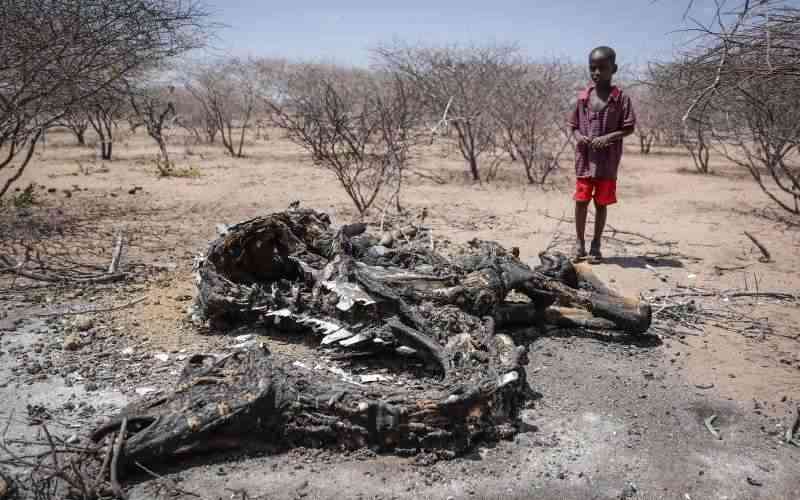×
The Standard e-Paper
Smart Minds Choose Us

Kenya and other African nations are expected to be part of negotiations during the 27th Conference of Parties (COP 27) that will be held at Sharm El Sheikh in Egypt in November.